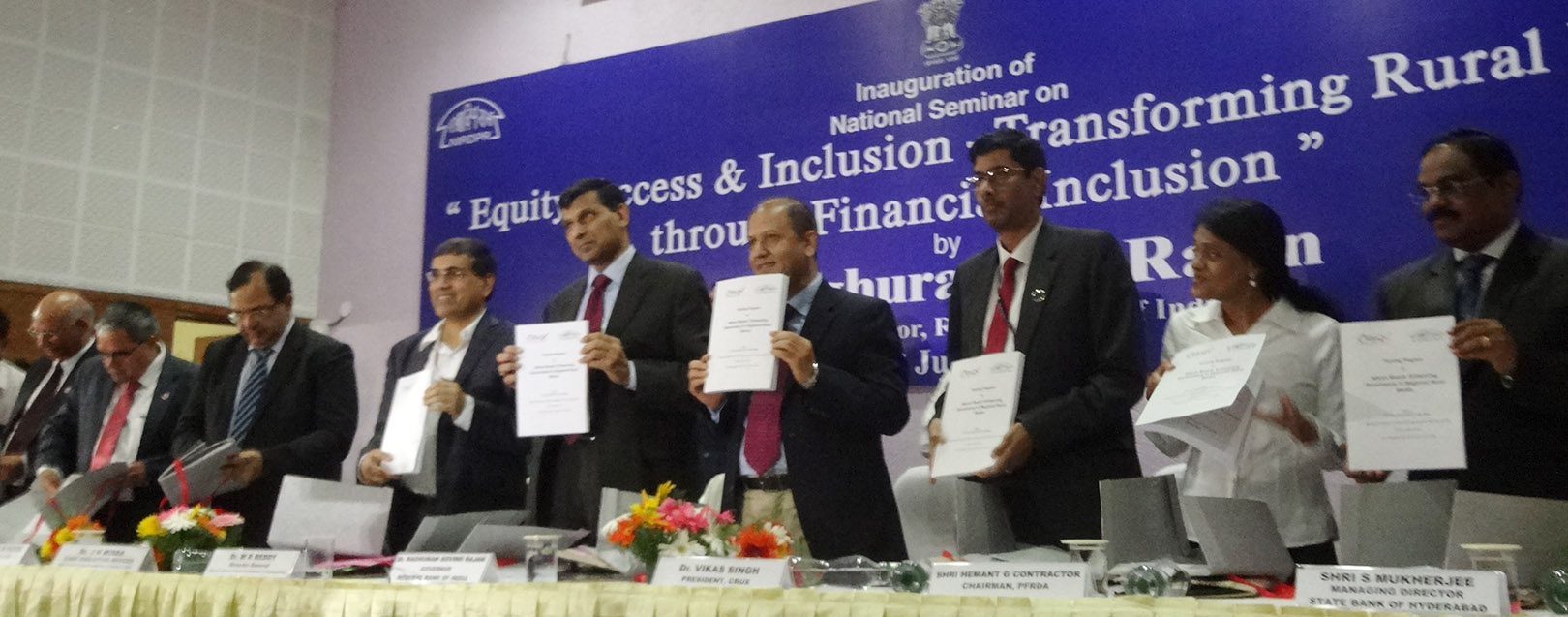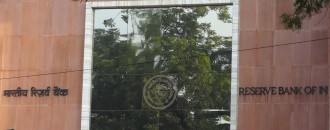
Rupee devaluation may not boost exports: RBI Governor
Sharath Chowdary
Devaluation of the rupee may not boost exports from India. But in all likelihood, it will have an inflationary impact offsetting any benefit to the country’s economy. The current value of rupee is pretty reasonable, the Reserve Bank of India Governor Raghuram Rajan said. This was in reply to a question posed by The Dollar Business Bureau, if there was any need to devaluate the rupee to increase exports from the country, given the current scenario of global economic slowdown.
Detailing the side effects of rupee devaluation, he said, “Currency is a complicated animal. Inflation will pick up in the country due to devaluation. Cheaper prices may allow exporting more but it also makes imports costlier. We need to pay significantly for oil imports.”
“Often the exporters import a lot of what they export. Devaluing does not help every exporter. There are people who ask to keep the rupee stable, so that they can export more, as they know what the value of rupee is. Once we start devaluing there is no end to it, they don’t know what price they need to charge and they find great difficulty," he said.
Citing the example of Brazil, an emerging economy, Rajan said that country has not achieved any tremendous increase in its exports though it has significant devaluations because it also created some anxiety and volatility in the movement of the currency. “We should be very careful and emphasise moving one way or the other as an answer to any problem," he added.
During the seminar in Hyderabad, Rajan said, “Financial inclusion is about the broadening of financial services to those people and enterprises who do not have access to financial services sector; the deepening of financial services for those who have minimal financial services; and greater financial literacy and consumer protection so that those who are offered financial products can make appropriate choices. The imperative for financial inclusion is both a moral one as well as one based on economic efficiency."
Perhaps the most important is the economic condition of the excluded. All over the world, the poor, the small, and the remote are excluded. It is not just because the financial system is underdeveloped, but because they are hard to service profitably. Nevertheless, this is not a reason to abandon hope, but to ask how we can overcome the impediments in the way of inclusion. The best way to characterise the impediments are through the acronym IIT: Information, Incentives, and Transaction Costs, Rajan said.
The country is steadily moving from subsidies and reliance on the public sector banks to creating frameworks that attract all financial institutions to target the excluded, even while the interests of the excluded are protected through education and regulation, he added.






 to success.
to success.